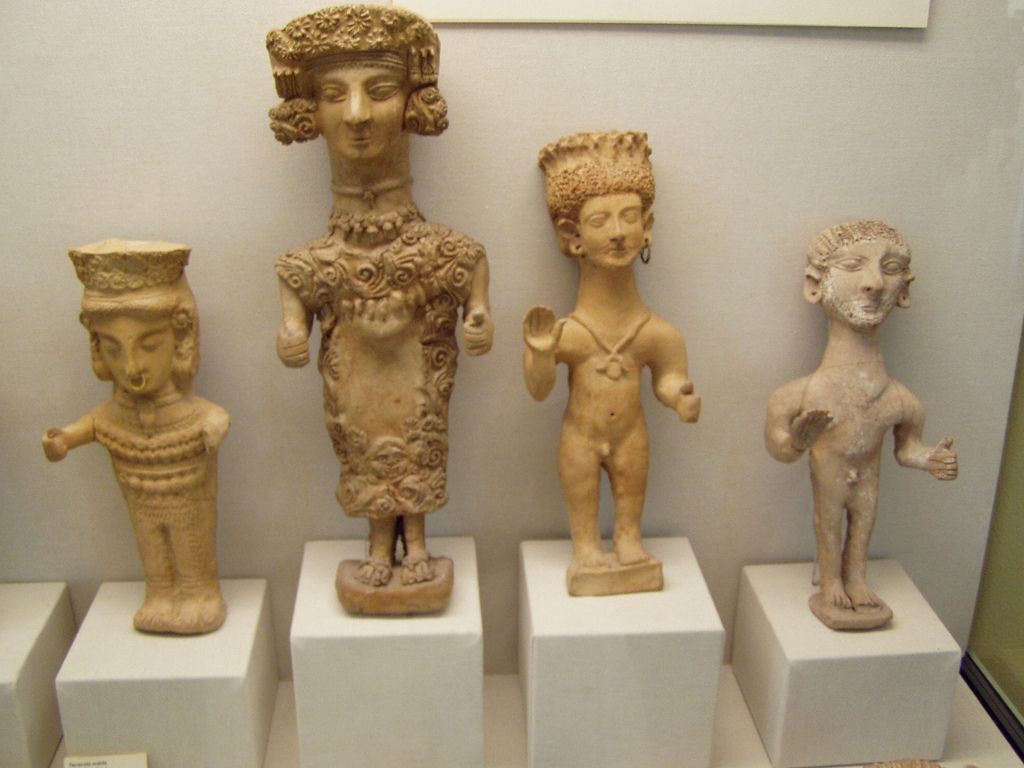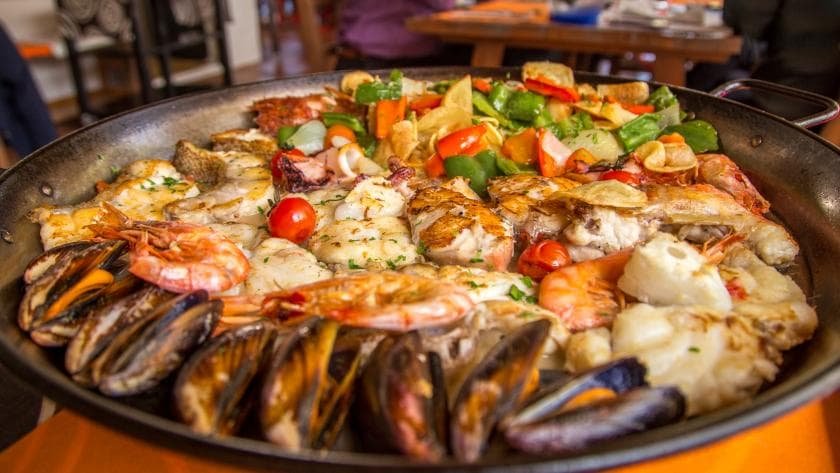Introduction
Ibiza, renowned for its vibrant nightlife and picturesque beaches, is not only a party destination but also a treasure trove of cultural heritage. Beyond the dazzling clubs and azure waters, this Spanish island in the Mediterranean Sea offers a rich history that can be explored through its diverse museums. In this article, we will take a journey into the past and discover the fascinating cultural museums of Ibiza.
1. The Archaeological Museum of Ibiza
The Archaeological Museum of Ibiza, located in the capital city of Eivissa, houses an impressive collection that showcases the island’s ancient history. Visitors can explore artefacts from the Phoenician, Roman, and Muslim periods, gaining insights into the diverse civilizations that have shaped Ibiza.
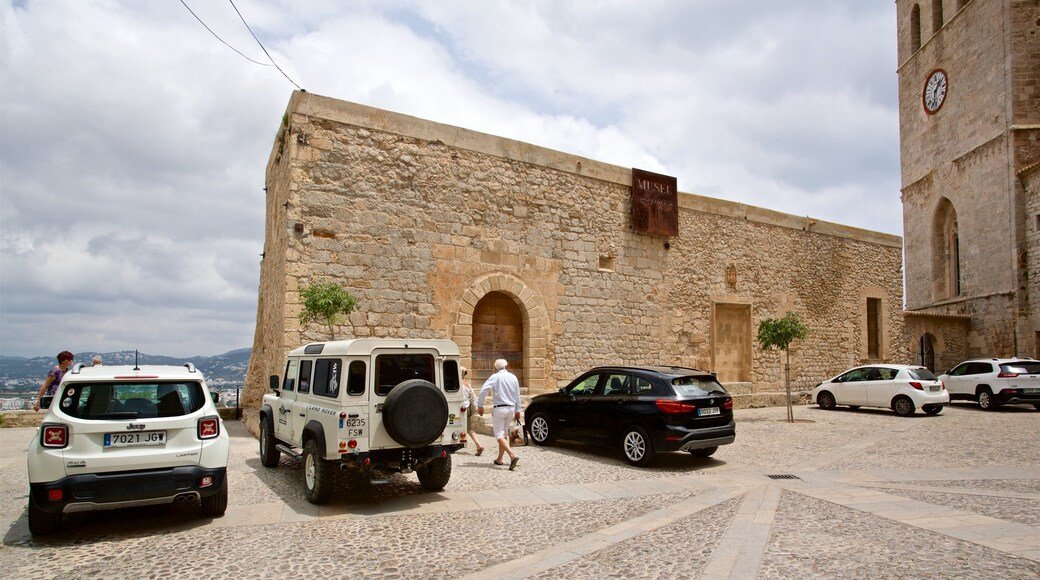
2. The Puget Museum
Situated in the historic Dalt Vila district, the Puget Museum provides a glimpse into the artistic heritage of Ibiza. This museum exhibits the works of the Puget family, renowned local artists whose paintings depict the island’s landscapes, traditions, and people.
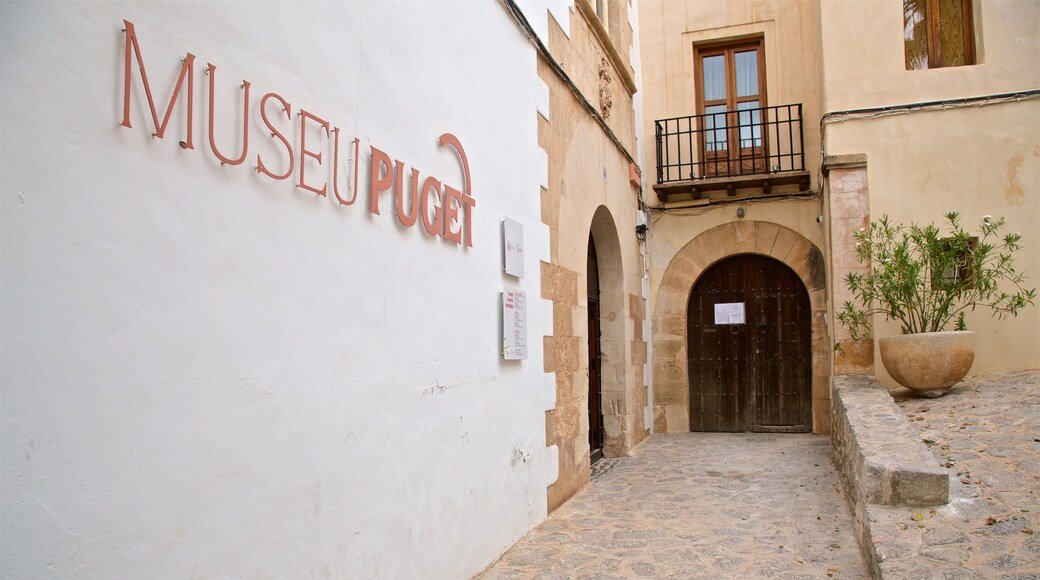
3. The Ethnographic Museum of Ibiza
For a deeper understanding of Ibiza’s traditional way of life, a visit to the Ethnographic Museum is a must. Here, visitors can explore exhibits showcasing the island’s rural traditions, including traditional costumes, tools, and agricultural practices.
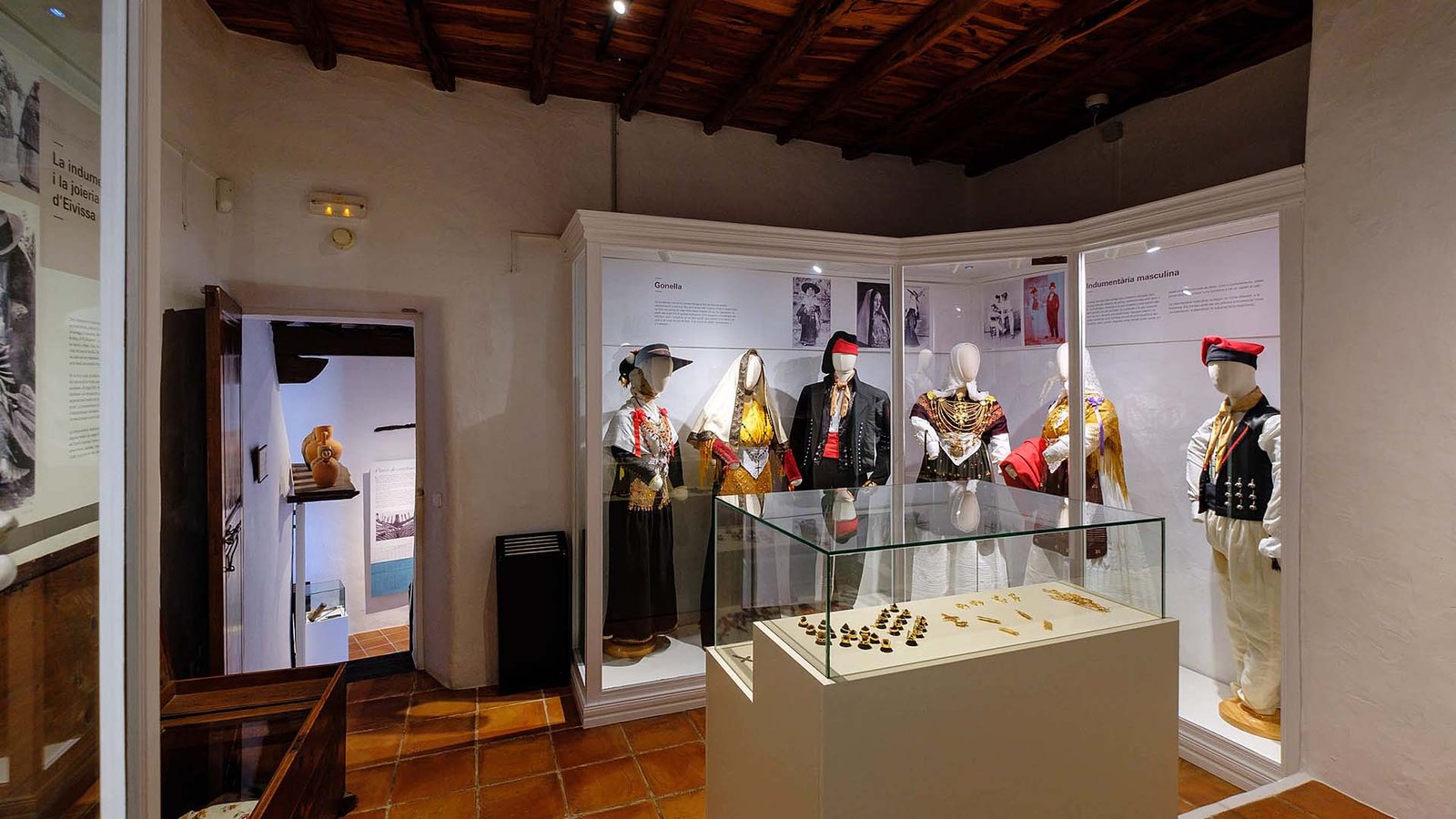
4. The Museum of Contemporary Art
To experience the modern artistic expressions of Ibiza, the Museum of Contemporary Art offers a captivating collection. From paintings to sculptures and multimedia installations, this museum showcases the creativity of local and international contemporary artists.
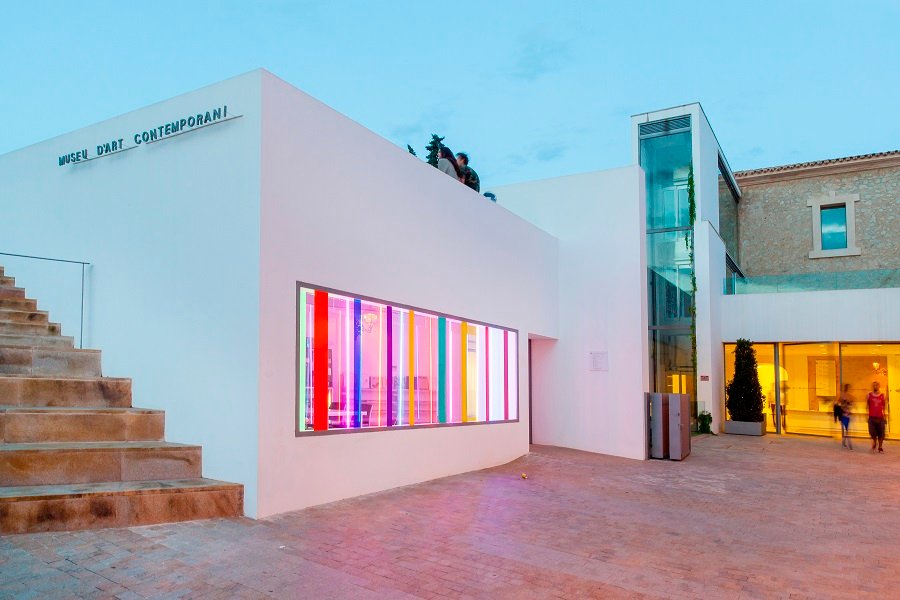
5. The Can Ros Cultural Center
Nestled in the municipality of Santa Eulària des Riu, the Can Ros Cultural Center provides an immersive cultural experience. It hosts temporary exhibitions, cultural events, and workshops, offering visitors a chance to engage with Ibiza’s vibrant arts scene.
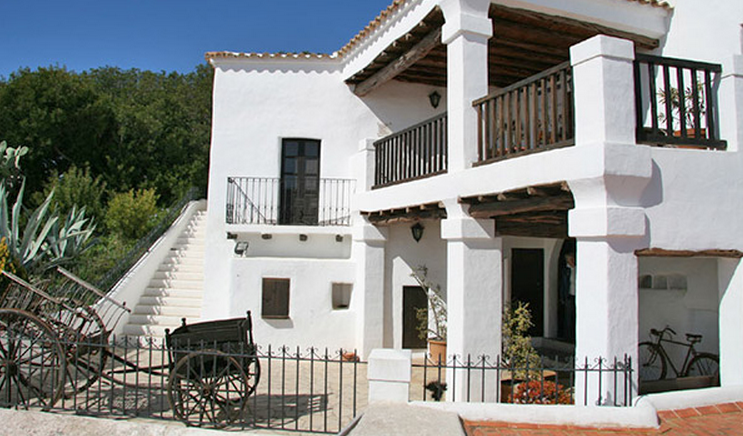
6. The Sant Antoni Museum
Located in the town of Sant Antoni de Portmany, the Sant Antoni Museum celebrates the history and traditions of this charming coastal area. With exhibits highlighting the evolution of fishing, tourism, and local festivals, visitors can gain insights into the town’s heritage.
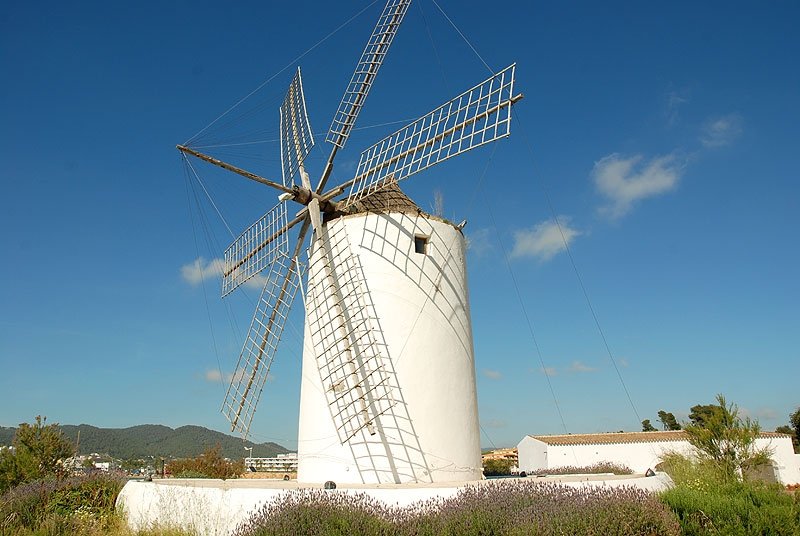
7. The Necropolis of Puig des Molins
A significant archaeological site, the Necropolis of Puig des Molins is an ancient burial ground dating back to the Phoenician era. Exploring this vast necropolis allows visitors to understand the burial customs and rituals of Ibiza’s past civilizations.
8. The Punic Necropolis of Es Puig des Molins
Adjacent to the Necropolis of Puig des Molins, the Punic Necropolis provides further evidence of Ibiza’s Punic history. This site contains well-preserved tombs and offers a unique glimpse into the Punic civilization that once thrived on the island.
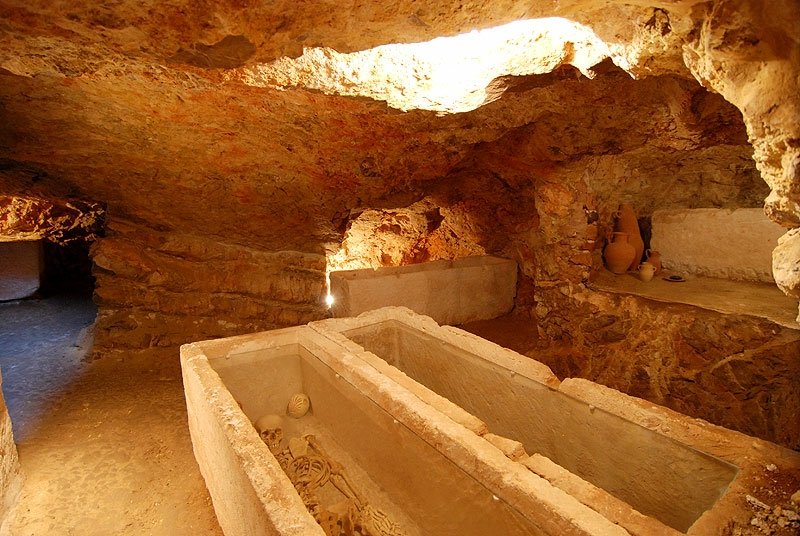
9. The Salt Museum
Ibiza’s salt flats, known as “salinas,” have played a vital role in the island’s history. The Salt Museum, located in the southern part of the island, educates visitors about the traditional salt production methods and the cultural significance of this industry.
10. The Can Curt Interpretation Center
A restored traditional farmhouse, the Can Curt Interpretation Center focuses on the agricultural heritage of Ibiza. Visitors can learn about the island’s farming traditions, irrigation systems, and sustainable practices that have sustained the local community for centuries.
11. The Ses Païsses Archaeological Site
Ses Païsses is an ancient archaeological site in the municipality of Cala d’Hort. Exploring the remains of an Iron Age settlement, visitors can envision the lives of the early settlers and understand the historical significance of this prehistoric site.
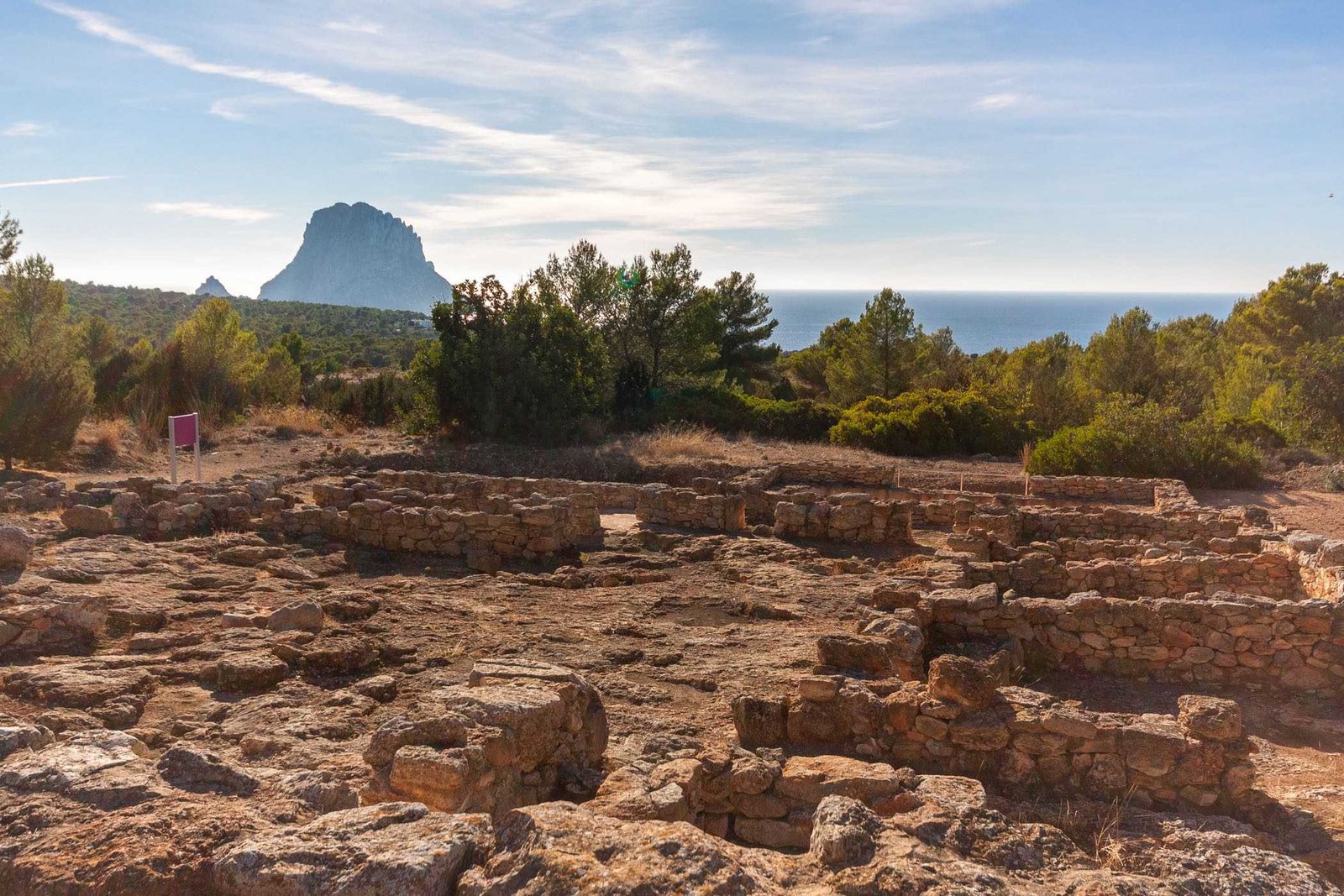
12. The Phoenician Settlement of Sa Caleta
Recognized as a UNESCO World Heritage Site, the Phoenician Settlement of Sa Caleta offers a glimpse into Ibiza’s Phoenician past. The remains of this settlement, including houses, streets, and a defensive wall, provide valuable insights into ancient urban planning.
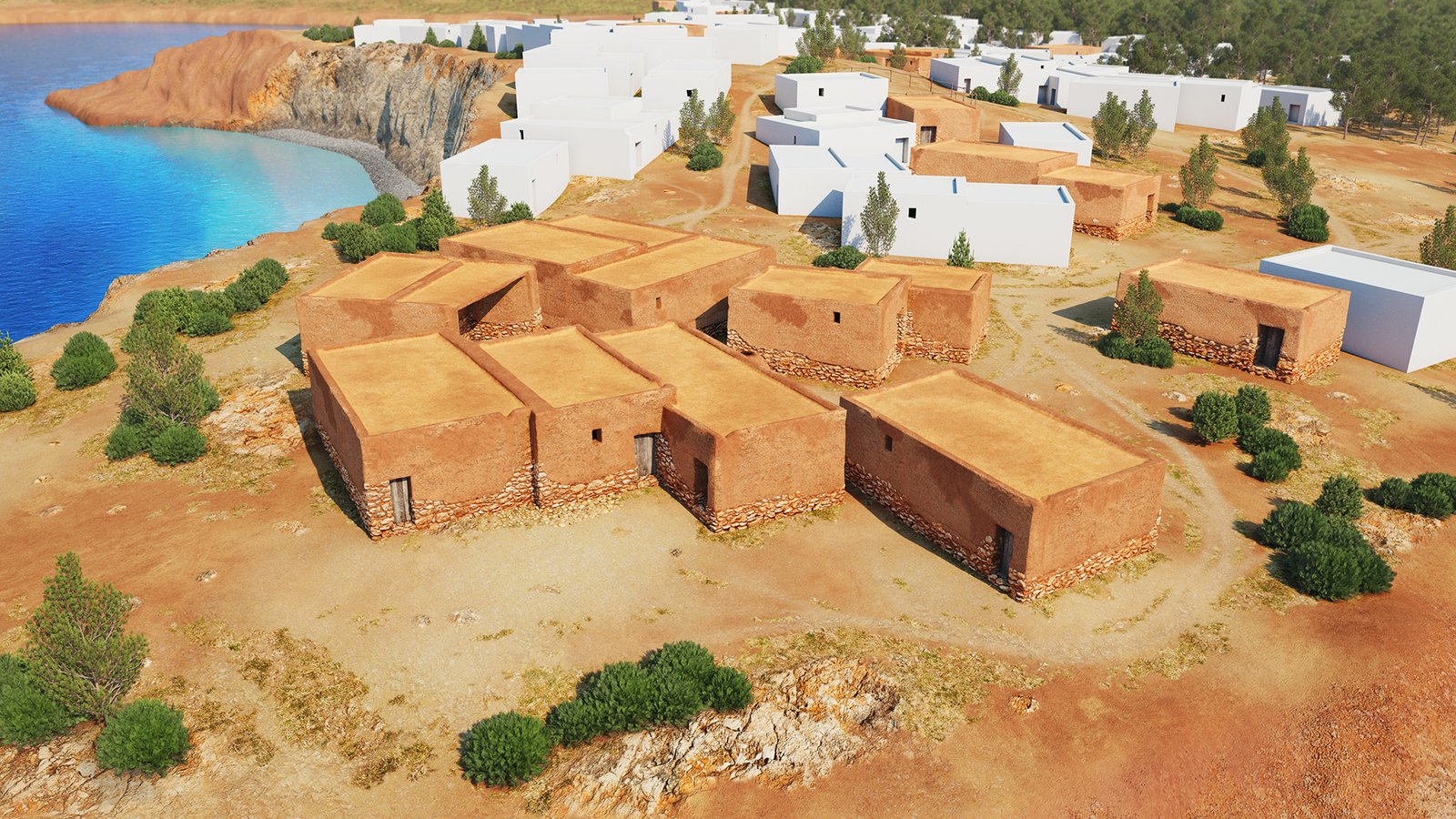
13. The Eivissa Museum
Located within the historic walls of Dalt Vila, the Eivissa Museum chronicles the history of Ibiza’s capital city. From the island’s earliest inhabitants to its role as a strategic Mediterranean port, this museum narrates the story of Eivissa through fascinating exhibits.
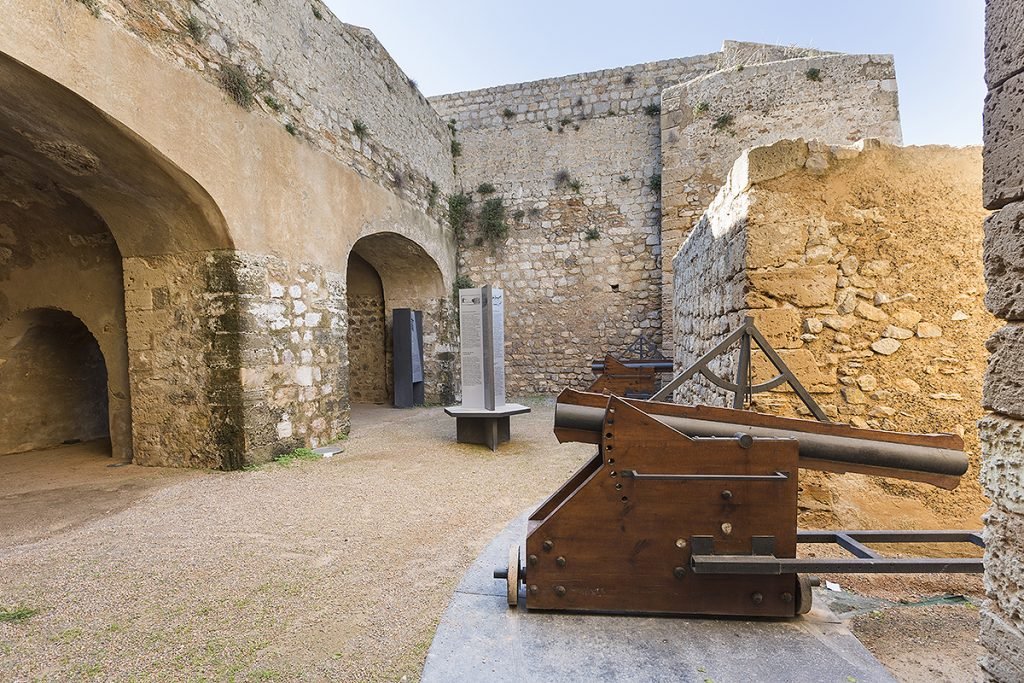
14. The Can Prats Oil Mill
Olive oil production has been a significant industry in Ibiza for centuries. The Can Prats Oil Mill, a well-preserved 19th-century mill, showcases the traditional methods of olive oil extraction and offers visitors a taste of the island’s liquid gold.
15. The Ibiza Cathedral and Diocesan Museum
The Ibiza Cathedral, dedicated to the Virgin Mary, is a symbol of religious heritage on the island. Adjacent to the cathedral, the Diocesan Museum displays religious art, artefacts, and historical documents, providing insight into Ibiza’s ecclesiastical history.
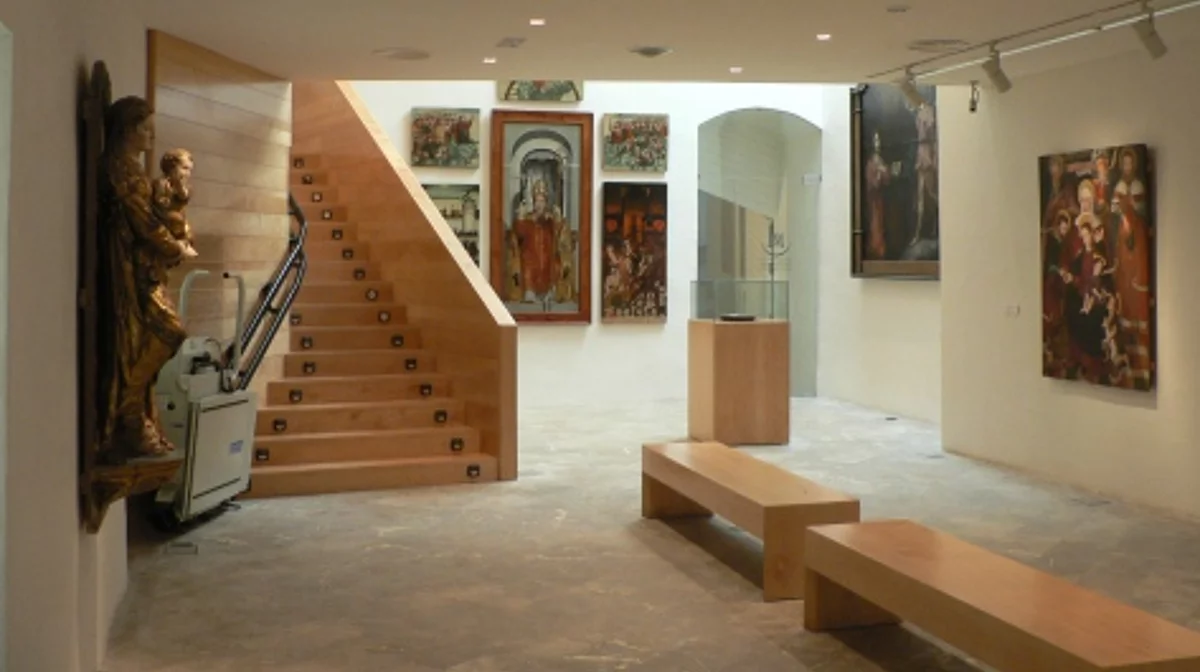
Conclusion
Ibiza’s cultural museums provide an enchanting journey into the island’s past, offering visitors a deeper understanding of its rich heritage. From ancient civilizations to contemporary art, each museum unveils a unique aspect of Ibiza’s cultural tapestry. So, when you plan your next visit to this Mediterranean gem, make sure to carve out time to explore these captivating museums and embrace the history that breathes life into Ibiza.


